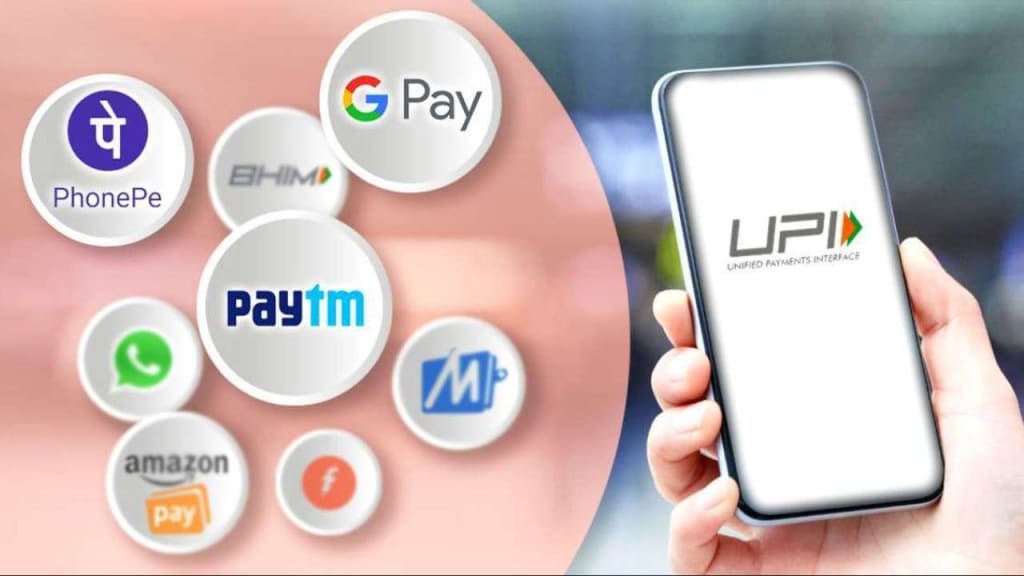
With the growing digitalization of financial transactions, Unified Payments Interface (UPI) has emerged as one of the most popular modes of payment in India. Launched in 2016, UPI has revolutionized the way people send and receive money, making it a seamless and convenient process. However, like any other financial service, UPI also involves certain charges that users need to be aware of.
The charges for UPI transactions depend on various factors such as the bank, the transaction amount, and the type of transaction. Let us understand the different charges associated with UPI payments.
Transaction charges:
Most banks do not charge any transaction fees for UPI transactions, and they are free of cost for users. However, some banks may levy a nominal fee for certain types of transactions such as Immediate Payment Service (IMPS) or National Electronic Funds Transfer (NEFT) payments. It is always advisable to check with your bank to understand the transaction charges applicable to your UPI transactions.
Merchant discount rate:
When you make a UPI payment at a merchant establishment, the bank charges a fee known as the Merchant Discount Rate (MDR) to the merchant. MDR is a percentage of the transaction value, and it varies from bank to bank. In most cases, the merchant bears the MDR charges, and it is not passed on to the customer. However, some merchants may choose to pass on the MDR charges to the customer as a convenience fee.
Cash withdrawal charges:
Most banks allow users to withdraw cash using UPI at their partner ATMs. However, some banks may charge a fee for cash withdrawal using UPI. The fee varies from bank to bank and can range from Rs. 10 to Rs. 20 per transaction. It is important to check with your bank to understand the cash withdrawal charges applicable to your UPI transactions.
Interchange fee:
When you make a UPI payment to a merchant, the bank that facilitates the transaction charges an interchange fee to the bank that issued your UPI-enabled debit card. The interchange fee is a percentage of the transaction value and is usually in the range of 0.25% to 0.65%. This fee is collected by the bank that issued your debit card from the merchant's bank.
GST:
Goods and Services Tax (GST) is applicable on all financial services in India, including UPI payments. The GST rate applicable to UPI transactions is 18%, and it is charged on the transaction fees and MDR charges.
It is important to note that the charges applicable to UPI transactions vary from bank to bank, and it is advisable to check with your bank to understand the charges applicable to your UPI transactions. Additionally, the Reserve Bank of India (RBI) has mandated that all banks must provide a detailed breakup of the charges applicable to UPI transactions in their account statements.
To promote digital payments and financial inclusion, the RBI has also capped the MDR charges for UPI transactions. For transactions up to Rs. 2,000, the MDR cannot exceed 0.25% of the transaction value. For transactions above Rs. 2,000, the MDR is capped at 0.65% of the transaction value.
In conclusion, UPI payments have emerged as a convenient and hassle-free mode of payment in India. While most UPI transactions are free of cost, there are certain charges applicable to some types of transactions. It is important to understand these charges to avoid any surprises and to ensure that you are not paying more than necessary. With the regulatory framework in place and the increasing popularity of UPI, it is likely that UPI payments will become even more accessible and affordable in the future.






Comments (1)
How much times..